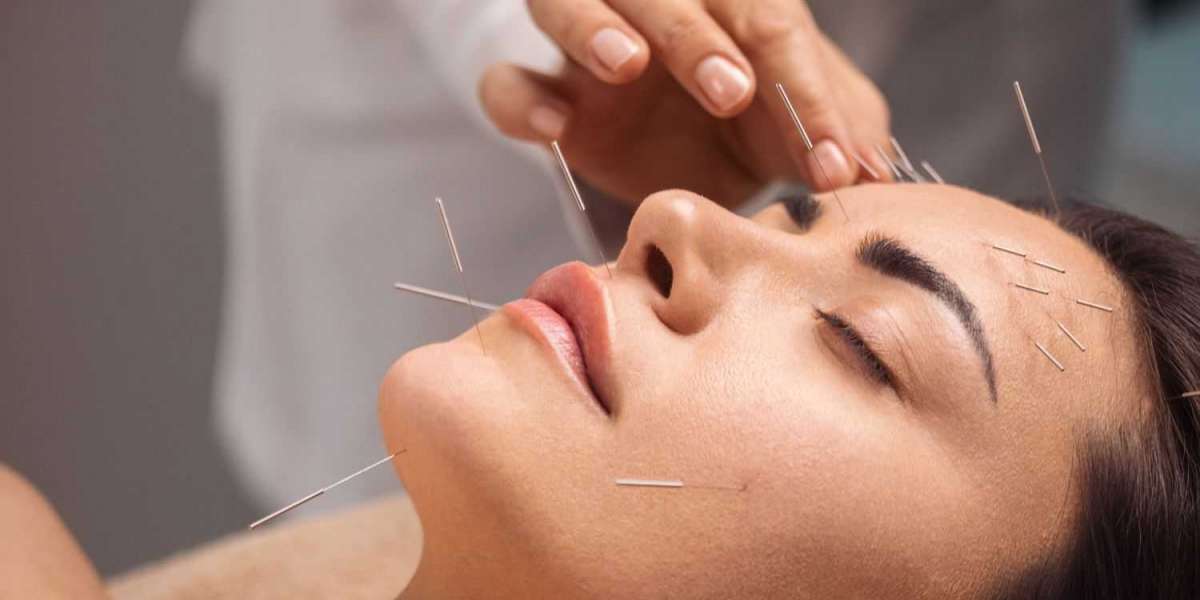Introduction
Are you seeking relief from chronic pain, stress, or other health issues? Consider visiting an acupuncturist in Phoenix. Acupuncture, an ancient practice rooted in Traditional Chinese Medicine (TCM), has gained recognition and popularity worldwide for its effectiveness in treating various ailments. In this comprehensive guide, we'll delve into everything you need to know about acupuncture, from its history and principles to its benefits and potential risks.
What is Acupuncture?
Acupuncture is a key component of TCM, which views the body as a complex system of energy pathways known as meridians. According to TCM theory, the balance of vital energy, or qi (pronounced "chee"), flowing through these meridians is essential for maintaining health and well-being. Acupuncture involves the insertion of thin needles into specific points along these meridians to restore the smooth flow of qi and promote the body's natural healing process.
History of Acupuncture
Acupuncture has a rich history dating back thousands of years. Its origins can be traced to ancient China, where it was first documented in texts dating as far back as 100 BCE. Over the centuries, acupuncture evolved and spread to other parts of Asia and eventually to the West, where it gained widespread acceptance as an alternative therapy in the late 20th century.
Principles of Acupuncture
The practice of acupuncture is based on several fundamental principles:
Qi Flow: Acupuncture aims to regulate the flow of qi through the body's meridians to restore balance and harmony.
Yin-Yang Balance: TCM views health as a balance between opposing forces known as yin and yang. Acupuncture seeks to maintain this balance by addressing imbalances in the body.
Five Elements: TCM also categorizes the body's organs and functions into five elements—wood, fire, earth, metal, and water. Acupuncture treatments may target specific elements to address underlying imbalances.
Benefits of Acupuncture
Acupuncture is known for its wide range of potential benefits, including:
- Pain Relief: Acupuncture is commonly used to alleviate chronic pain conditions such as back pain, arthritis, and migraines.
- Stress Reduction: Many people find acupuncture to be deeply relaxing, making it an effective treatment for stress, anxiety, and insomnia.
- Improved Digestion: Acupuncture may help regulate digestion and alleviate symptoms of gastrointestinal disorders such as irritable bowel syndrome (IBS).
- Enhanced Well-being: Acupuncture is believed to stimulate the release of endorphins, which can improve mood and overall sense of well-being.
What to Expect During an Acupuncture Treatment
During an acupuncture session, you can expect the following:
Consultation: Your acupuncturist will begin by discussing your medical history, symptoms, and treatment goals.
Treatment Plan: Based on your consultation, your acupuncturist will develop a personalized treatment plan tailored to your individual needs.
Needle Insertion: Thin, sterile needles will be inserted into specific acupuncture points on your body. You may feel a slight tingling sensation or dull ache, but acupuncture is generally painless.
Relaxation: Once the needles are in place, you'll have the opportunity to relax and let the acupuncture take effect. Many people find acupuncture to be a deeply calming experience.
Follow-up: Depending on your condition, you may need multiple acupuncture sessions to achieve the desired results. Your acupuncturist will discuss a follow-up plan with you.
Potential Risks and Considerations
While acupuncture is generally considered safe when performed by a qualified practitioner, there are some potential risks to be aware of:
- Soreness or Bruising: Some people may experience minor soreness or bruising at the needle insertion sites, but these side effects are usually mild and temporary.
- Infection: There is a slight risk of infection if the needles are not properly sterilized. Be sure to choose a licensed acupuncturist who follows strict hygiene practices.
- Puncture of Organs: Although rare, there is a small risk of accidental puncture of internal organs with acupuncture needles. This risk is minimized when the procedure is performed by a skilled practitioner.
Conclusion
Acupuncture offers a holistic approach to health and wellness, addressing both physical and emotional imbalances. Whether you're seeking relief from pain, stress, or other health issues, acupuncture may offer a safe and effective solution. If you're in Phoenix, consider visiting an acupuncturist to experience the benefits of this ancient healing practice firsthand.



